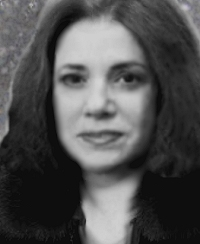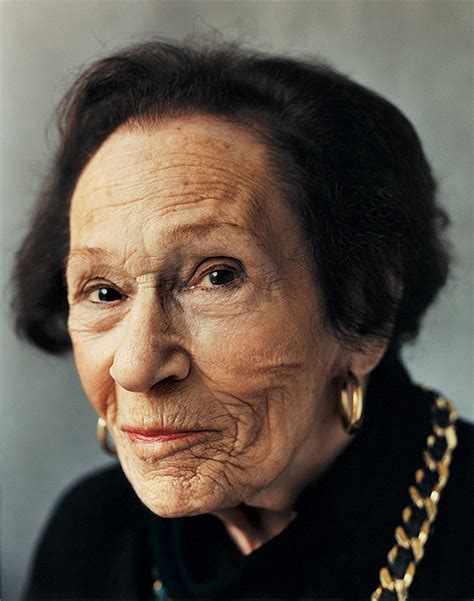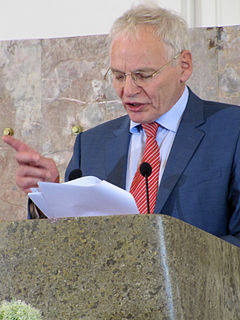A Quote by David Kim
As image-bearers of God, human beings likewise create in ways that reflect our identity.
Related Quotes
God build’s God’s kingdom. But God ordered this world in such a way that His own work within that world takes place through the human beings that reflect His image. That is central to the notion of being made in God’s image. He has enlisted us to act as His stewards in the project of creation. So the objection about us trying to build God’s kingdom by our own efforts, though it seems humble and pious, can actually be a way of hiding from responsibility, of keeping one’s head well down when the boss is looking for volunteers.
There is no God separate from you, no God higher than you, the real "you." All the gods are little beings to you, all the ideas of God and Father in heaven are but your own reflection. God Himself is your image. “God created man after His own image." That is wrong. Man creates God after his own image. That is right. Throughout the universe we are creating gods after our own image. We create the god and fall down at his feet and worship him; and when this dream comes, we love it !
Rather than accepting that we are the loving beings that He created, we have arrogantly thought that we could create ourselves, and then create God. Because we are angry and judgmental, we have projected those characteristics onto Him. We have made up a God in our image. But God remains who He is and always has been: the energy, the thought of unconditional love.
When we unravel the theological tomes of the ages, the makeup of God becomes quite clear. God is a human being without human limitations who is read into the heavens. We disguised this process by suggesting that the reason God was so much like a human being was that the human beings were in fact created in God's image. However, we now recognize that if was the other way around. The God of theism came into being as a human creation. As such, this God, too, was mortal and is now dying.
God's wrath is not an implacable, blind rage. However emotional it may be, it is an entirely reasonable and willed response to offenses against his holiness. But his love . . . wells up amidst his perfections and is not generated by the loveliness of the loved. Thus there is nothing intrinsically impossible about wrath and love being directed toward the same individual or people at the same time. God in his perfections must be wrathful against his rebel image-bearers, for they have offended him; God in his perfections must be loving toward his rebel image-bearers, for he is that kind of God
The identity of just one thing, the "clash of civilization" view that you're a Muslim or a Hindu or a Buddhist or a Christian, I think that's such a limited way of seeing humanity, and schools have the opportunity to bring out the fact that we have hundreds of identities. We have our national identity. We have our cultural identity, linguistic identity, religious identity. Yes, cultural identity, professional identity, all kinds of ways.
I think everybody needs healing. My understanding of human beings is that we were created in the image of God but we are all fallen, and Jesus died for us so that we can be redeemed. Every Christian is in a process of healing in some way. God's original creation was good, and in some ways fallen away from that. And in every area of our life we need to be healed and restored and to become more Christ-like.
We go to sea repeatedly from Melville's time on - and the image of men at sea, like the image of men in the wilderness, seems to me to be almost an archetypal image of human beings on their own, human beings making their own way, guiding themselves by the stars they can see - rather than by faith or prayer or invisible forces.
We have to reformulate moral standards. Human beings have to impose limits on themselves when it comes to their actions and desires. There is a beautiful and very radical notion in the bible: Man is made in the image of God, no matter how sick, poor or damaged he is. We should try to transpose this maxim to our secular and constitutional self-image.
The fact is, Scripture is filled with divine actions that don't fit our human standards of logic or morality. But they don't need to, because we are the clay and He is the Potter. We need to stop trying to domesticate God or confine Him to tidy categories and compartments that reflect our human sentiments rather than His inexplicable ways.




































